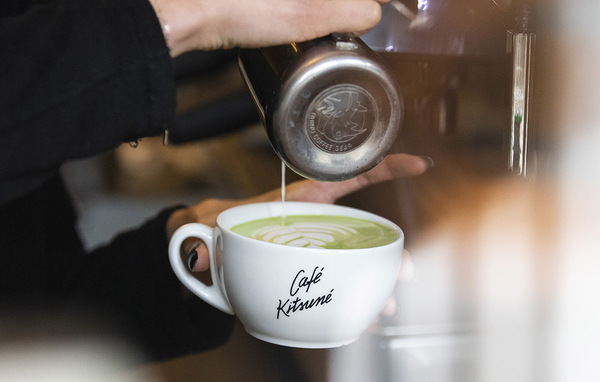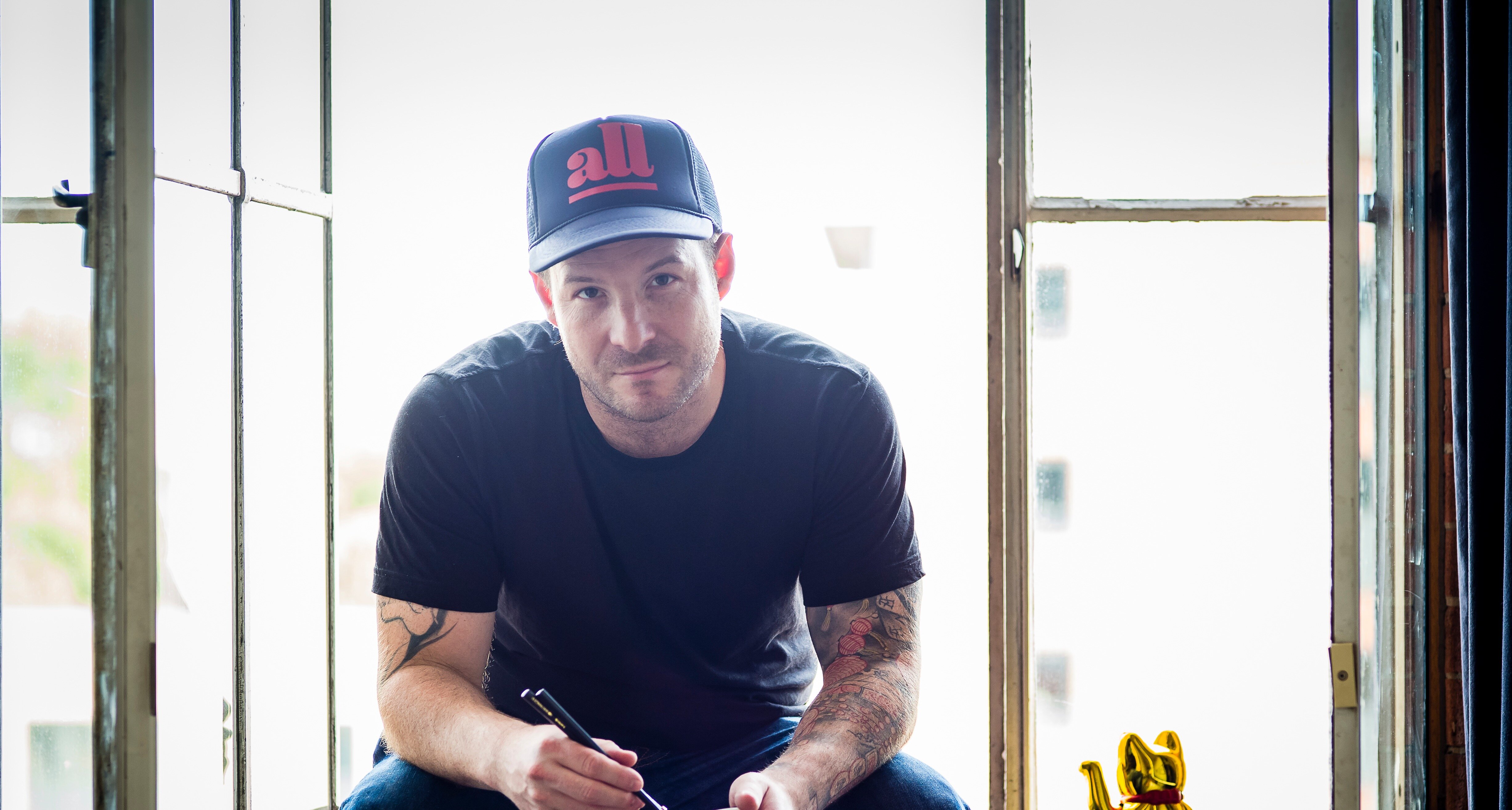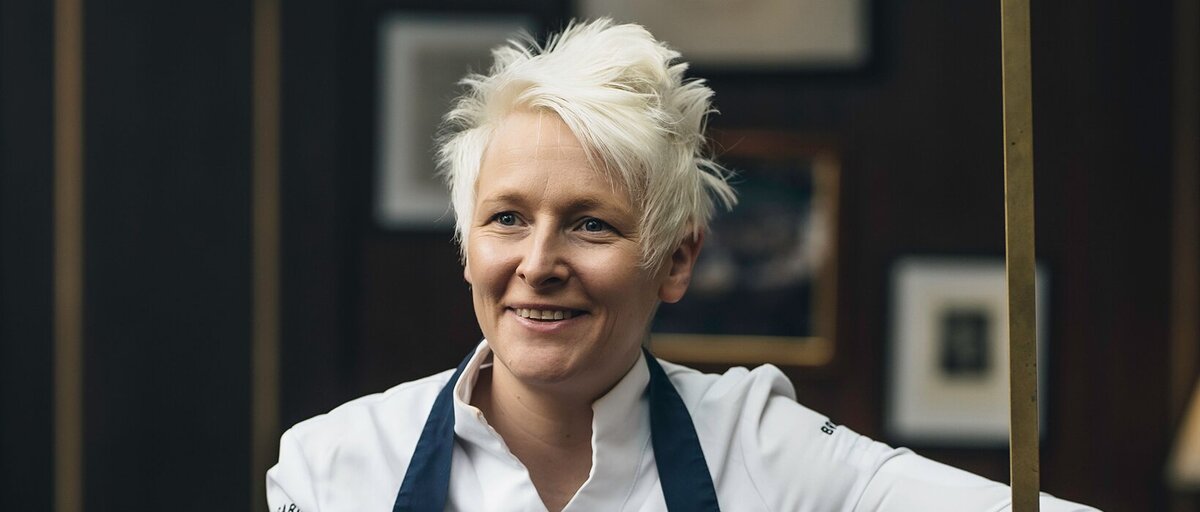Pressure in professional kitchens is not a reason for bullying, says Neil Rankin
It’s not the military, it’s not ‘discipline’, and it’s not acceptable, says Neil Rankin.
I have changed my mind a few times about whether to write about this subject, but in the end I decided that it’s probably the duty of all of us to start talking about bullying with a bit more clarity and a little less defensiveness, as it’s likely that almost all of us are either culpable, a victim, or both.
As we approach what may be the most difficult staffing crisis we’ve ever faced, it is imperative that we stop covering up our management failings. I’ll start by saying that I don’t think I’ve abused or bullied anyone, but I’ve certainly been unprofessional, overheated and irrational at times. I’ve been bullied myself and I’ve definitely – and regrettably – stood by as others have been bullied and said nothing.
One observation of years of kitchen antics and pressure is that the definition of what constitutes bullying is often very different in the mind of the protagonist versus the victim, and individual nuance and personal circumstance have never been key priorities in kitchen politics. But as we are now clearer about what constitutes acceptable levels of behaviour, it’s about time we look at everyone else’s needs, as well as our own.
My other observation is that some people undoubtedly grow in these environments but more fail, and the ones that are comfortable with bullying are usually not our best people. Some people like having their genitals put in clamps, but that’s not an argument to make it the company culture.
The common industry excuse is that we work in a high-pressure environment and successful kitchens are places where you need to be able to navigate these constant pressures. Only that’s bullshit, isn’t it? We’re cooks – we just fry eggs and dress plates with fancy leaves and none of that requires any real pressure.
The common industry excuse is that we work in a high-pressure environment and successful kitchens are places where you need to be able to navigate these constant pressures. Only that’s bullshit, isn’t it?
It’s the structure of our models, our staffing numbers, leadership style and menu choices that turn these straightforward tasks into something that requires pressure. Some chefs like to compare it to being in the military, but there is quite a substantial difference between dressing a salad and being pinned down by enemy gunfire. And even if we take that analogy, that chopping a cucumber in a fancy way is akin to flying a fighter jet behind enemy lines, I don’t believe I’ve ever heard of a situation where the captain decided to burn the co-pilot with hot oil and called him a useless twat to help him fly better. What drives people to be better at their job is guidance, practice and repetition. Violence and intimidation don’t factor into any training regime, unless you are being trained to be violent and intimidating.
The only real reason for bullying in our kitchens is that we’re all pretty shit at our jobs. You can be a good chef and a terrible manager; if you look at the personality traits it takes to be a good chef – the creativity, the passion, the obsessive-compulsion, precision, ego, single-mindedness, and a dedication to one’s craft – these are not qualities we look for in a manager. A manager needs to understand individual needs and know how to draw the best out of a person. It takes the sort of empathy and understanding most chefs don’t have and don’t want to possess.
The biggest improvement I made in my own career was admitting that I was a shit manager and giving the responsibility for communicating with staff to someone more worthy. You can still be the creative lead and gain respect from your staff, and you’ll get genuine respect – not the fake bullshit respect someone will give you just to stop you from pouring hot oil down their bum crack.


















